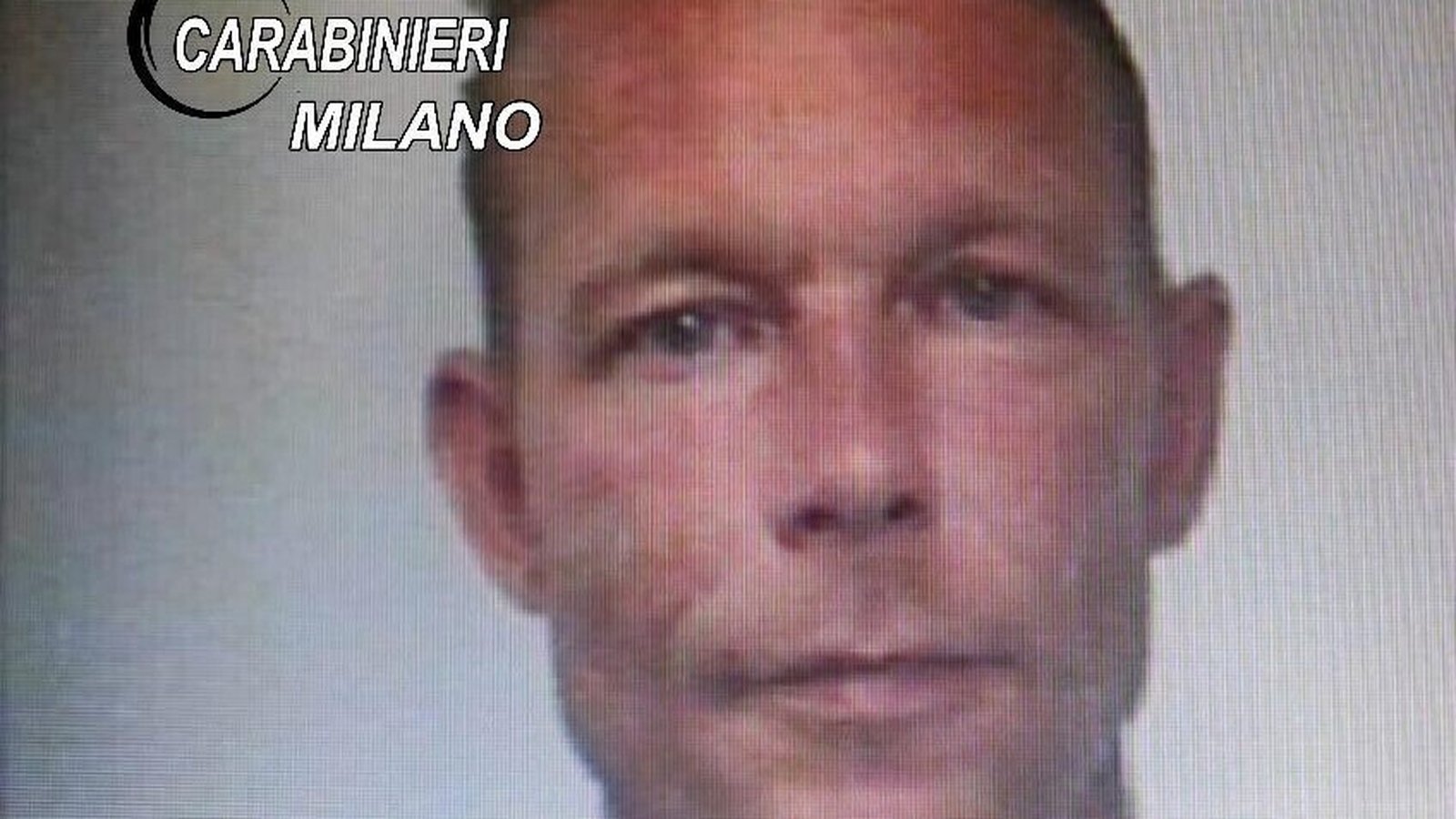Party with big ambition despite electoral risks
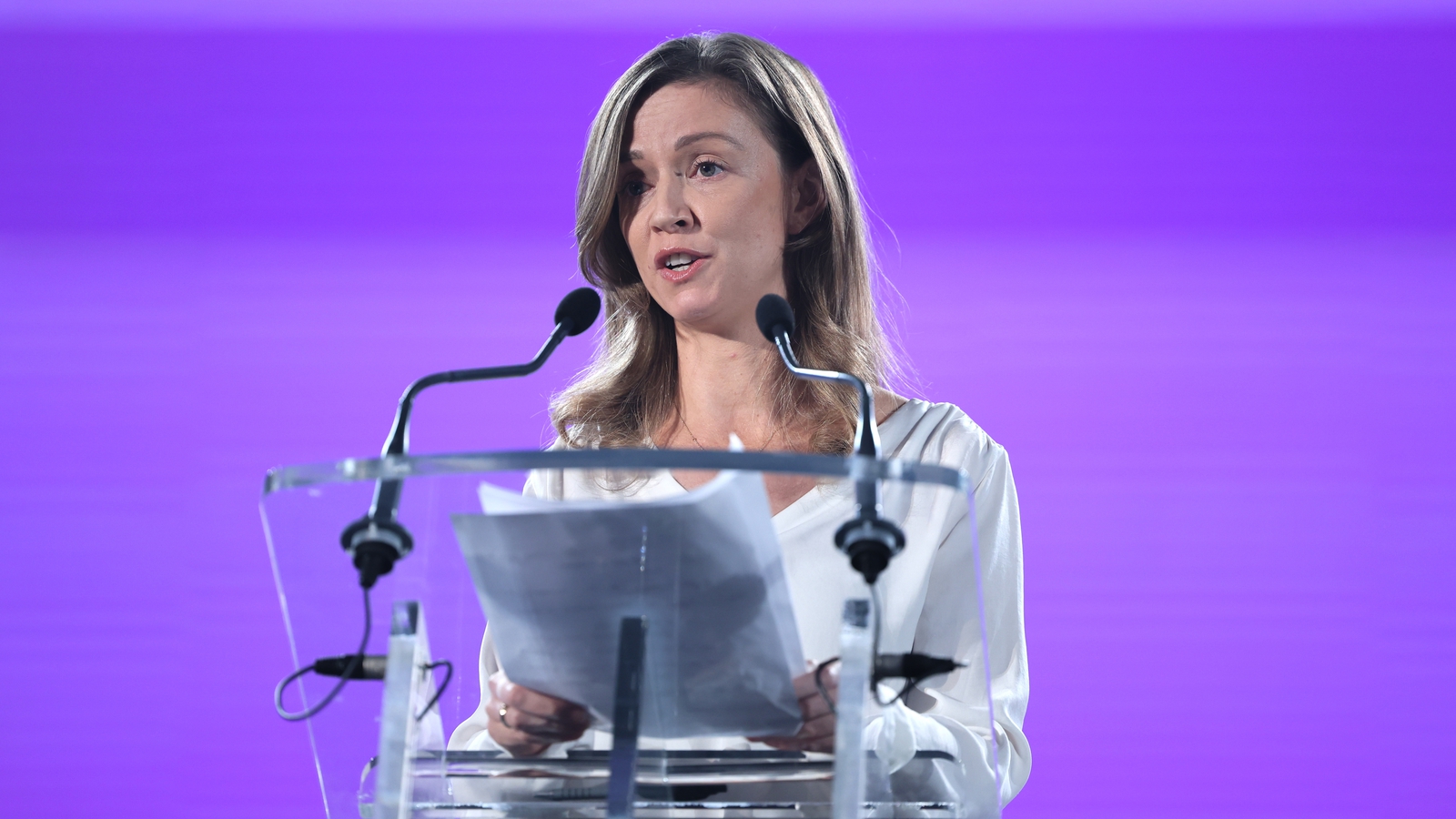
Ahead of their National Conference in UCD in Dublin kicking off today, Tommy Meskill examines the Social Democrats as it nears ten years in existence and what the future holds for leader Holly Cairns’ party.
Where it started, where it is now
It is approaching ten years since the Social Democrats was formed.
Back in 2015 three independent TDs hammered out their vision for a new party over multiple cups of coffee at Róisín Shortall’s kitchen table.
The Social Democrats was a marriage of three prominent political names: Stephen Donnelly, Catherine Murphy and Róisín Shortall. It had no single leader, rather three co-leaders.
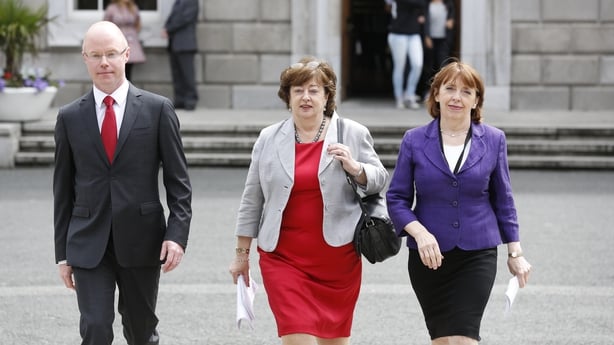
Their first election in 2016 failed to make a dent in Dáil arithmetic, with all three incumbents returned but no new TDs.
A few months later Mr Donnelly would jump ship, eventually joining Fianna Fáil. “Some partnerships simply don’t work”, he would say.
Both Ms Murphy and Ms Shortall stuck to their guns however, and in 2020 grew their Dáil numbers to six.
With a new leader, Holly Cairns, now at the helm and a growing list of candidates looking to contest the local and European elections in June, the Social Democrats believes its a party on a firm upward trajectory.
Recent opinion polls have its support ranging from 4% to 6%, The left wing of the Dáil is a crowded area and Sinn Féin will run more candidates this time than in 2020.
The Social Democrats may well be bullish in terms of its hopes for the future, but some of its incumbents could well be squeezed in the next general election.
Hopes for election
The Social Democrats is aiming to run around 80 to 100 candidates in the local elections.
Senior members hope that the party can grow to be become the fourth largest party in local government. They say polling indicates that it has potential to achieve this.
They also point out that smaller parties tend to perform better in local and European elections.
The party also intends on running a candidate in all three European constituencies, with selection conventions due to take place in the coming weeks.
It has not yet decided how many people will contest the general election, but it intends on running more than it did in 2020.
Senior party members believe it can grow its national support ahead of the next general election.
The reason for this optimism is that they believe they’ll grow their footprint across the country in the local elections, allowing it to build on its brand.
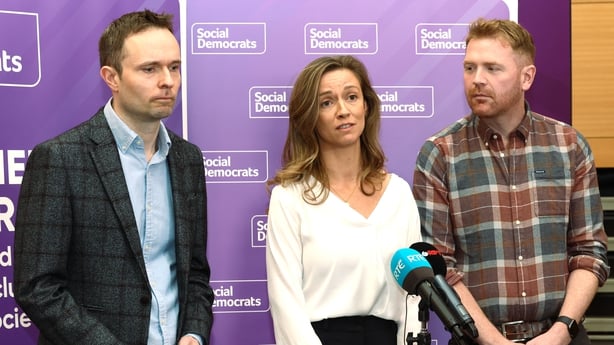
At present, members would concede that there are gaps in the party’s presence in parts of the country.
Ms Shortall points out that the Social Democrats trebled its number of elected representatives in both the last local and general elections.
“We hope to do that again”, she says.
Ms Shortall points out that prior to 2020, the party had only two TDs, and was mostly reliant on volunteers. It now has more staff and is better established.
She says there is much better recognition on doorsteps on what the party is and who their TDs are.
Ms Shortall sees the 2020 general election as a key point in the party’s recent success, adding that both Ms Murphy and herself “were absolutely delighted with the 2020 results, we were very proud of that”.
“Our aim is continue that kind of growth”, she said.
A Labour party merger?
At present, such a questions can prompt an eye-roll from some Social Democrats TDs. They are frustrated with being asked the question. The answer is a flat no.
The Labour party less so. One of its former TDs and ministers Pat Rabbitte told RTÉ radio recently that “ultimately, of course, there will be a coming together but the question is when”.
TD Gary Gannon concedes the two party’s are very similar in their policy. However, he contends that the parties are very different in terms of culture.
“I don’t think I would have come through as quickly in Labour or any other established party”, he says.
Others in the Social Democrats would argue too that trust is important in politics and they believe the Labour party broke that trust when it was last in Government.
The Labour Party would likely argue that it took tough decisions at a difficult time to get the country out a more stable financial footing.
Future of former leaders
As of now, both Ms Shortall and Ms Murphy say they are contesting the next general election.
“Well I haven’t decided I’m not”, Ms Murphy says.
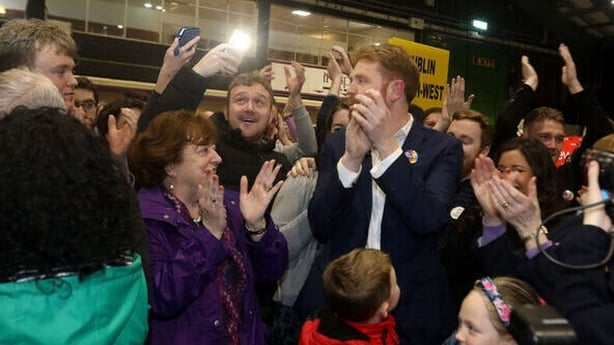
They are both prominent politicians and from a party point of view would be a big loss if they bowed out.
According to one TD, both Ms Shortall and Ms Murphy are operating at “full throttle” and have not given any indication yet that they will retire.
In fact, there are conversations internally that Ms Murphy may have a running mate in her Kildare North constituency, which has now become a five-seater.
Ms Murphy topped the poll in the 2020 General Election.
Appetite for Government
Social Democrat TDs insist that they are prepared for government.
They say they are willing to talk to any party, as part of coalition talks.
Mr Gannon however finds it hard to see how he could go into government with Fine Gael, but it is not a red line.
Ms Murphy also makes the point that the party would want to enter a “government of change”.
On that basis, an arrangement where the Social Democrats props up another version of the current coalition would be unlikely to happen.
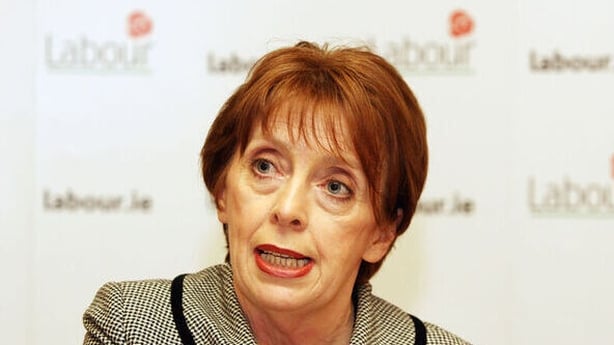
Some might also argue that entering government as a small party could be damaging, considering the Labour Party suffered huge losses after their most recent term in office.
Ms Shortall believes the reason the Labour Party, which she was once a member of, suffered heavy losses, was because it didn’t keep its promises.
“You have to be clear on why you’re going into government,” she argues.
Ms Shortall believes the Labour Party was not clear enough on why it wanted to be in government, “for some it was about being in government without saying why”.



